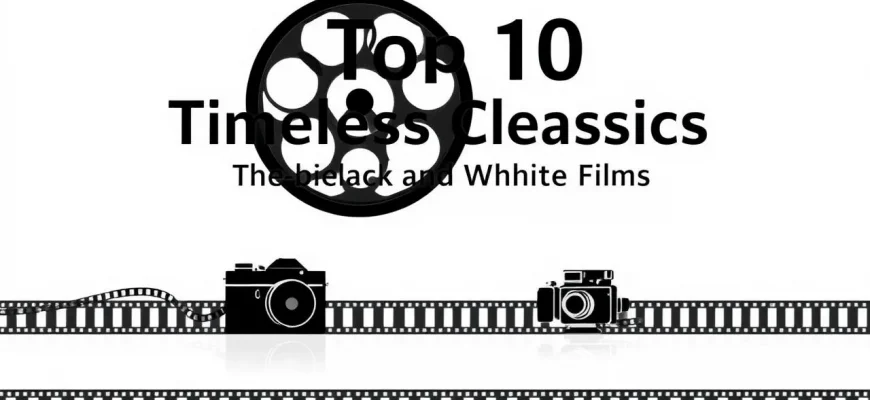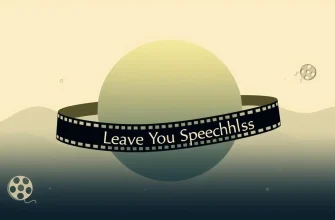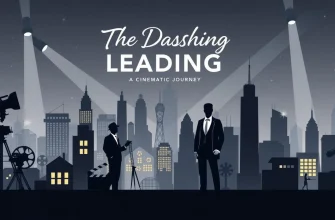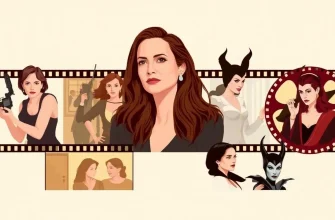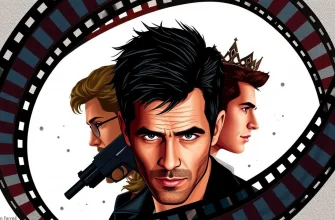Black and white films hold a special place in the history of cinema, showcasing the art of storytelling through the mastery of light, shadow, and composition. These films, often devoid of color, rely on the strength of their narratives, performances, and visual artistry to captivate audiences. This curated list celebrates the greatest black and white films that have left an indelible mark on film history, offering viewers a journey through time to experience cinema in its purest form.

It Happened One Night (1934)
Description: This romantic comedy, directed by Frank Capra, swept the Oscars, winning all five major categories, and set the template for the screwball comedy genre.
Fact: Clark Gable's character famously teaches Claudette Colbert how to hitchhike, leading to a real-life trend of people trying the same method.
 Watch Now
Watch Now 
The Great Dictator (1940)
Description: Charlie Chaplin's bold satire of Adolf Hitler and fascism, where he plays both a Jewish barber and the dictator Adenoid Hynkel, remains a powerful statement against tyranny.
Fact: Chaplin was criticized for not speaking out against Hitler sooner, which led him to make this film. The final speech is one of the most famous in cinema.
 Watch Now
Watch Now 
Citizen Kane (1941)
Description: Orson Welles' masterpiece is often hailed as the greatest film ever made due to its innovative narrative structure, deep focus cinematography, and exploration of themes like power, ambition, and the American Dream.
Fact: The film was a commercial failure upon release but has since been recognized for its groundbreaking techniques. The word "Rosebud" is famously whispered by Charles Foster Kane in the opening scene, a mystery that unfolds throughout the film.
 Watch Now
Watch Now 
The Maltese Falcon (1941)
Description: This film noir classic, directed by John Huston, features Humphrey Bogart as the iconic private detective Sam Spade, in a tale of greed, betrayal, and the search for a priceless statue.
Fact: It was John Huston's directorial debut, and he adapted the screenplay from Dashiell Hammett's novel. The film was nominated for three Academy Awards, including Best Picture.
 Watch Now
Watch Now 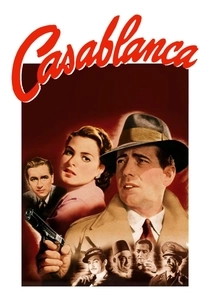
Casablanca (1942)
Description: Set during World War II, this romantic drama captures the essence of love, sacrifice, and patriotism, with unforgettable lines like "Here's looking at you, kid."
Fact: The film was shot in just 70 days, and the script was still being written during filming. The famous song "As Time Goes By" was almost replaced, but Ingrid Bergman had already cut her hair for another role, making reshoots impossible.
 Watch Now
Watch Now 
The Third Man (1949)
Description: Carol Reed's thriller set in post-war Vienna, with its iconic zither score and the famous cuckoo clock speech, is a masterclass in atmosphere and storytelling.
Fact: Orson Welles, who played Harry Lime, was only on set for a few days, and his character's entrance is one of the most memorable in film history.
 Watch Now
Watch Now 
Sunset Boulevard (1950)
Description: Billy Wilder's biting satire of Hollywood's dark side, featuring Gloria Swanson as a faded silent film star, offers a chilling look at fame, obsession, and the passage of time.
Fact: The film was shot in sequence to capture the emotional arc of the characters. Gloria Swanson, who played Norma Desmond, was herself a silent film star, adding a layer of authenticity to her performance.
 Watch Now
Watch Now 
The Seventh Seal (1957)
Description: Ingmar Bergman's existential drama about a knight playing chess with Death during the Black Death is both visually stunning and deeply philosophical.
Fact: The film was shot in Sweden, and the iconic chess game was inspired by a medieval fresco in a church.
 Watch Now
Watch Now 
The Apartment (1960)
Description: Billy Wilder's sharp critique of corporate culture and personal morality, with Jack Lemmon and Shirley MacLaine delivering unforgettable performances.
Fact: The film was inspired by a real-life scandal involving a high-ranking executive at Paramount Pictures.
 Watch Now
Watch Now 
The Night of the Hunter (1955)
Description: Charles Laughton's only directorial effort is a haunting tale of good versus evil, with Robert Mitchum delivering a chilling performance as the preacher Harry Powell.
Fact: The film was a commercial and critical failure upon release but has since been recognized as a masterpiece of American cinema. The character of Harry Powell was inspired by a real-life serial killer.
 30 Days Free
30 Days Free 
